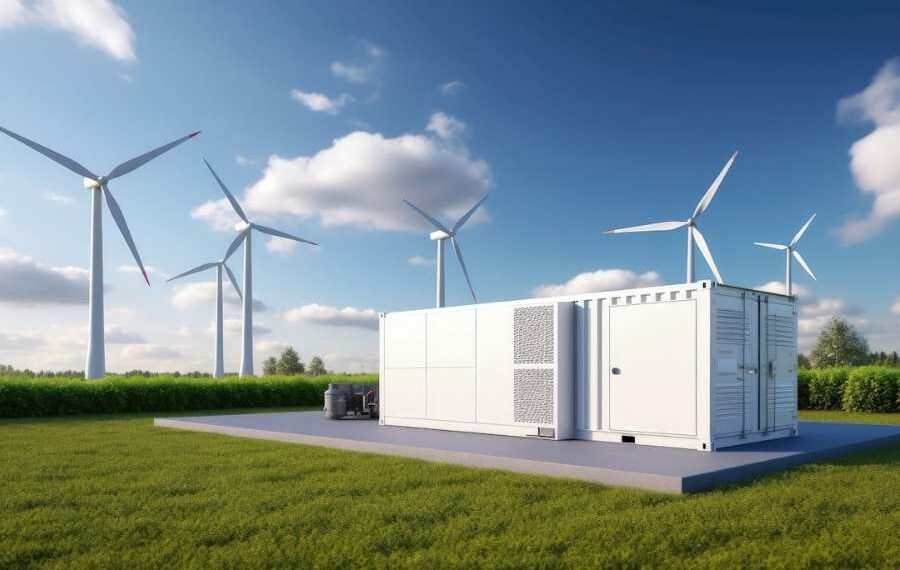ABB has introduced a new Battery Energy Storage Systems-as-a-Service (BESSaaS) model, designed to make it easier for businesses to adopt clean energy technologies. Aimed at commercial and industrial users, the model takes capital costs out of the equation by offering battery storage as a fully managed, subscription-based service.
Rather than owning and maintaining the system, clients pay a regular fee while ABB looks after the design, installation, operation, and upkeep. The package covers hardware, software, performance guarantees, and lifecycle management—removing the complexity that often comes with deploying advanced energy systems in-house.
Service Structure and Risk Transfer
At its core, BESSaaS is structured as a performance-based service contract. ABB retains ownership of the asset and takes on the operational risks. For clients, this means no large upfront expenditure (potentially facilitating commercial and financial close of some projects), no ongoing maintenance burden, and the confidence that the system will perform as promised,
It’s a practical model for businesses where energy storage can add real value—such as logistics hubs, data centres, and commercial buildings—but where resources or internal capabilities to run such systems may be limited. The service also includes predictive maintenance and support for energy market participation, which are typically beyond the reach of non-specialist owners.
By bundling these elements into a single, outcome-focused service, ABB shifts risk away from the client while offering a flexible, scalable energy solution.

Market Context, Innovation, and Demand Outlook
Battery energy storage is playing a growing role in the shift toward decarbonised and resilient energy systems. The International Energy Agency (IEA) projects a sixfold increase in global battery capacity by 2030, with commercial and industrial sectors accounting for much of this growth. Rising electricity costs, grid instability, and the need to integrate variable renewables are pushing businesses to explore flexible storage solutions.
ABB’s BESSaaS model responds to this need by offering storage as a managed service—removing the requirement for capital outlay and simplifying deployment. The model aligns with broader trends in infrastructure procurement, where performance-based services are increasingly favoured over asset ownership. For businesses under pressure to meet ESG and net-zero targets, this approach offers a practical path to decarbonisation without adding operational complexity.
From a delivery standpoint, the model shortens lead times and reduces risk, making energy storage more accessible for non-specialist users. It also provides a scalable solution for multi-site operators looking to standardise energy strategies. As demand for distributed energy solutions continues to grow, BESSaaS could become a reference model for service-based delivery across both energy and infrastructure sectors.
Feasibility and Delivery Model for BEESaaS
Before committing to a project, ABB carries out a detailed feasibility assessment to ensure the solution delivers a positive return from day one. This includes technical modelling, an analysis of site conditions, and a financial forecast based on service costs and expected energy savings.
Delivery is supported by partnerships with firms specialising in energy analytics, digital monitoring, and project finance, and might be a viable alternative for PPP projects. It’s a collaborative model that helps smooth the path from concept to operation—particularly valuable for organisations looking for turnkey solutions, such as an EPC contract, that don’t demand internal reinvention.










